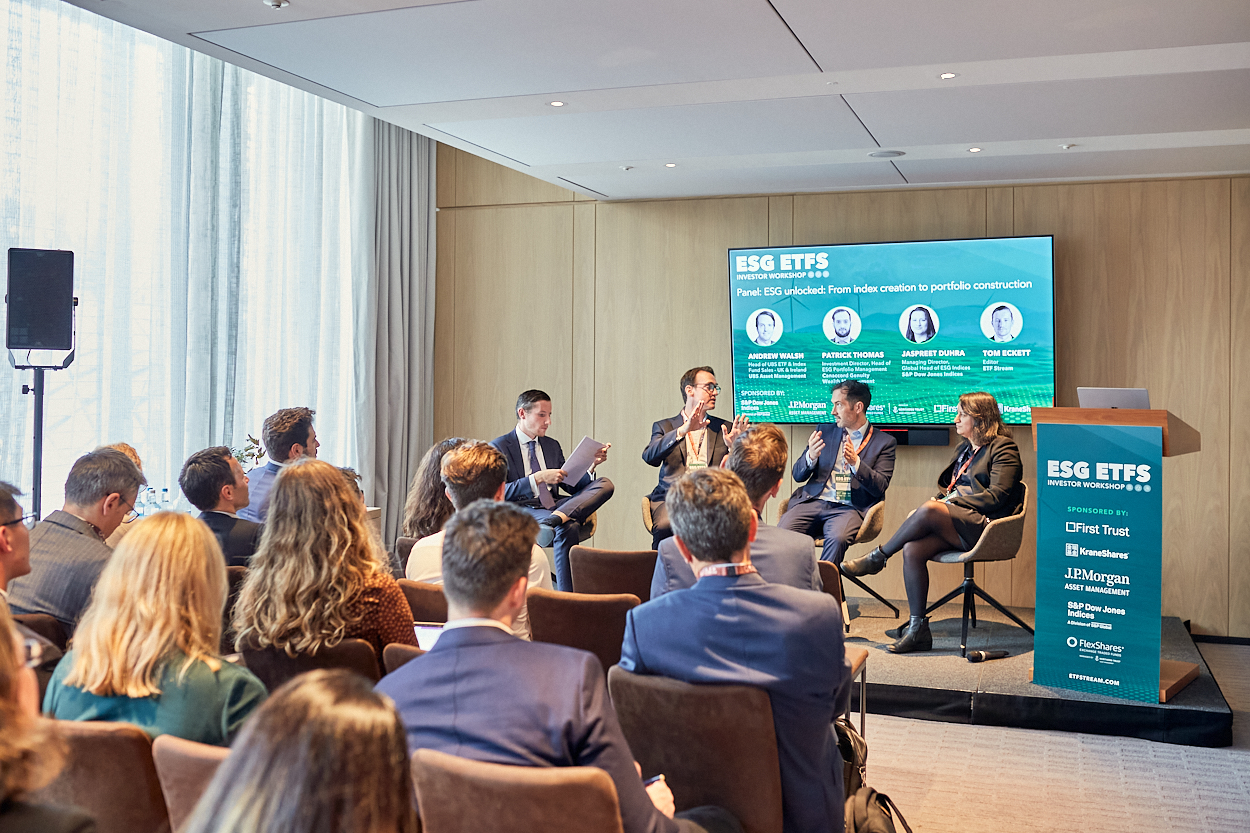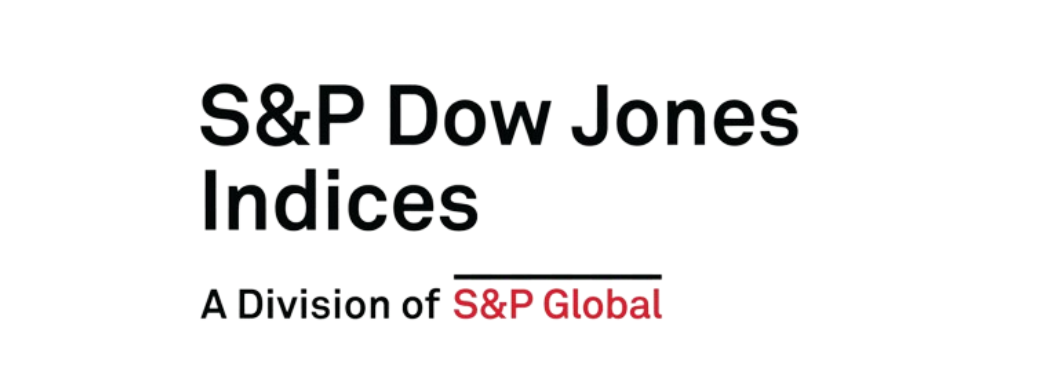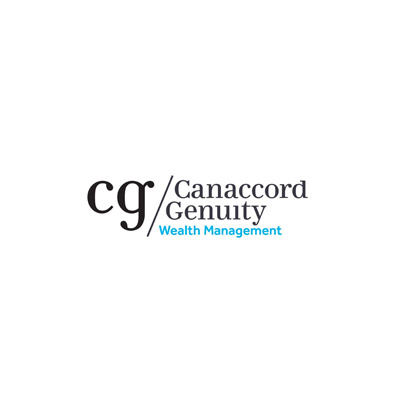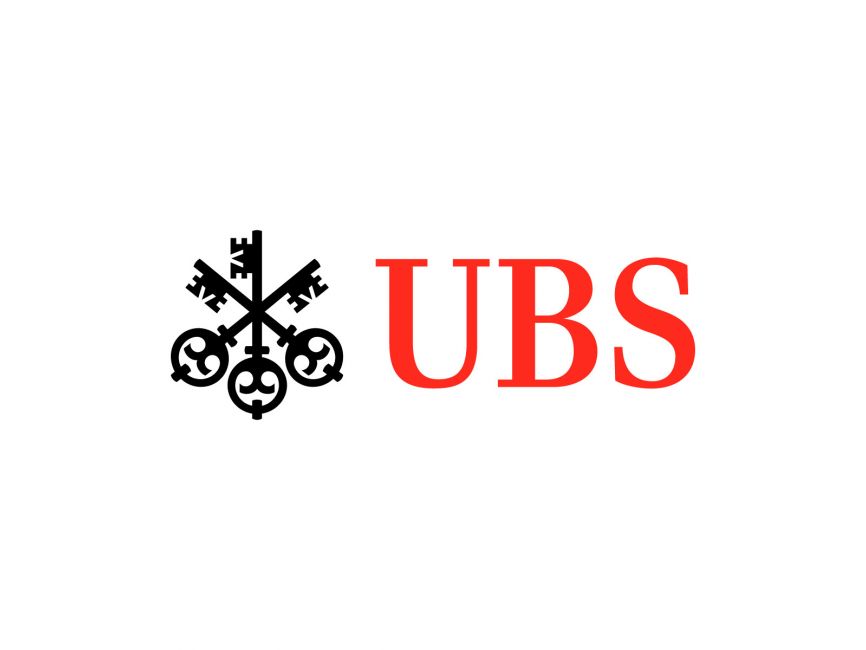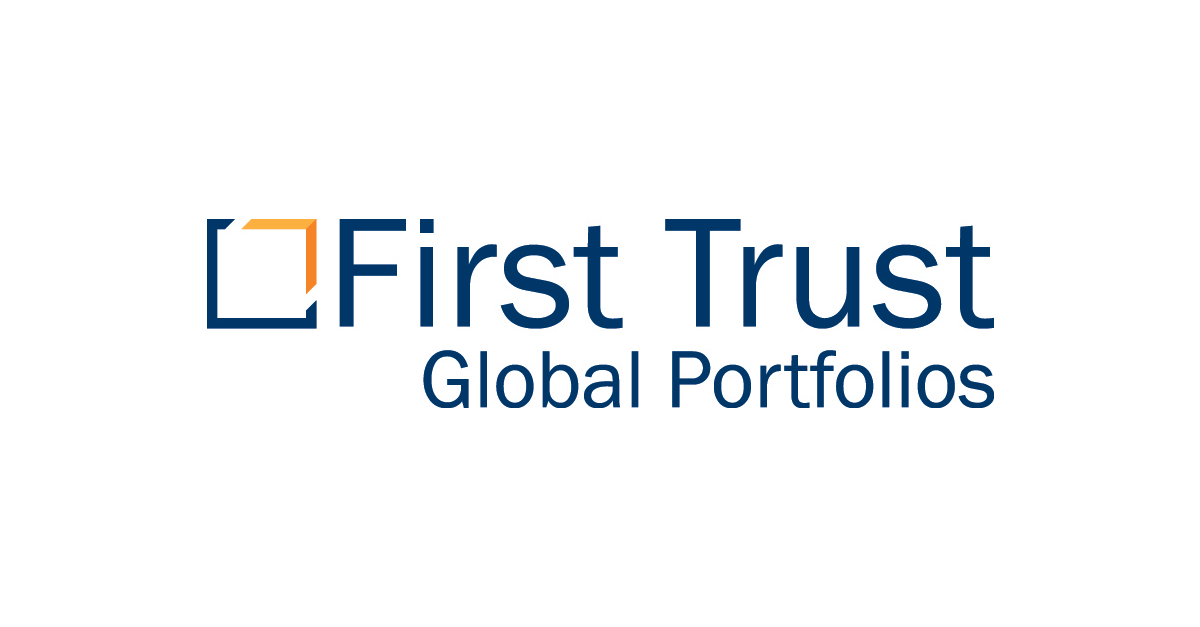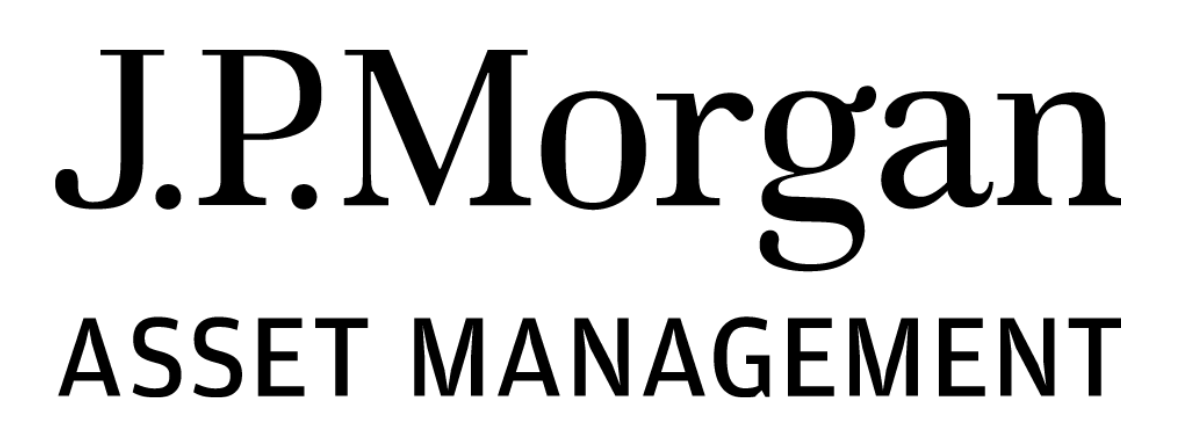The role of nuclear and ESG, the ever-evolving regulatory landscape and why passives could be considered the best way to invest in ESG were all discussed at ETF Stream’s inaugural ESG Workshop.
The afternoon kicked off with a presentation on the politically contentious topic of whether nuclear can be considered ESG. ETF Stream reporter Jamie Gordon and editor Tom Eckett highlighted how nuclear capacity would need to double by 2050 if the world was to meet its net-zero targets.
Despite its subjectivity, nuclear’s addition to the European Union’s sustainable taxonomy could open the door to more investment, while governments across the globe have committed to building more reactors.
In addition, how the taxonomy change will impact the Sustainable Financial Disclosure Regulations (SFDR) has for the time being left more questions than answers.
In September, the European Supervisory Authority (ESA) delivered its thoughts on how nuclear activities could be included in SFDR, which would likely require more granular reporting for ‘level 2’ of the regulation coming into force in January.
Gordon said: “Index providers remain largely unchanged based on client demand, which has not swayed. ESG frameworks from idea to implementation take time. It is likely we will have taxonomy-aligned indices both with and without nuclear.”

Constructing an ESG index
In a panel assessing the journey from index creation to portfolio construction in the ESG space, Jaspreet Duhra, managing director and global head of ESG indices at S&P Dow Jones Indices, said ESG is at the forefront of investors’ minds despite the “cynicism and market downturn” so far this year.
She noted how time-consuming the plethora of incoming regulations was, but added it did mean Europe was well ahead of the pack when it comes to sustainable investing home to the first movers and innovators in the space.
“Regulation is a huge topic in the European market. We spend a lot of time deciphering that given it impacts us as benchmark providers but also our partners, product providers and asset owners,” Duhra continued. “We will see quite a lot of change on the back of regulation, especially the MiFID requirements around measuring ESG funds and disclosures.”
Andrew Walsh, head of ETF and passive sales for UK and Ireland at UBS Asset Management, added much of the innovation and support for ESG has been through interacting with clients to build products based on their demands.
“We are certainly seeing some interest,” he said. “Trying to get your clients on board also involves them getting their internal stakeholders on board, it takes a long chain reaction of discussions on different levels.”
Despite this, Patrick Thomas, head of ESG portfolio management at Canaccord Genuity Wealth Management, said the recent wave of ETF launches, primarily offering green angles on broad benchmarks, were not as innovative as taking a thematic approach.
“The thematic approach is easily the most interesting because people are taking risks,” he said. “However, it can be hype-driven and populist meaning launches can follow trends in the media but it gives you a fighting chance of outperforming because you are hitting active share.”
In a fireside chat, Julie Moret, global head of sustainable investing and stewardship at Northern Trust Asset Management, said it is important to understand the various data inputs and how this can impact business-relevant issues.
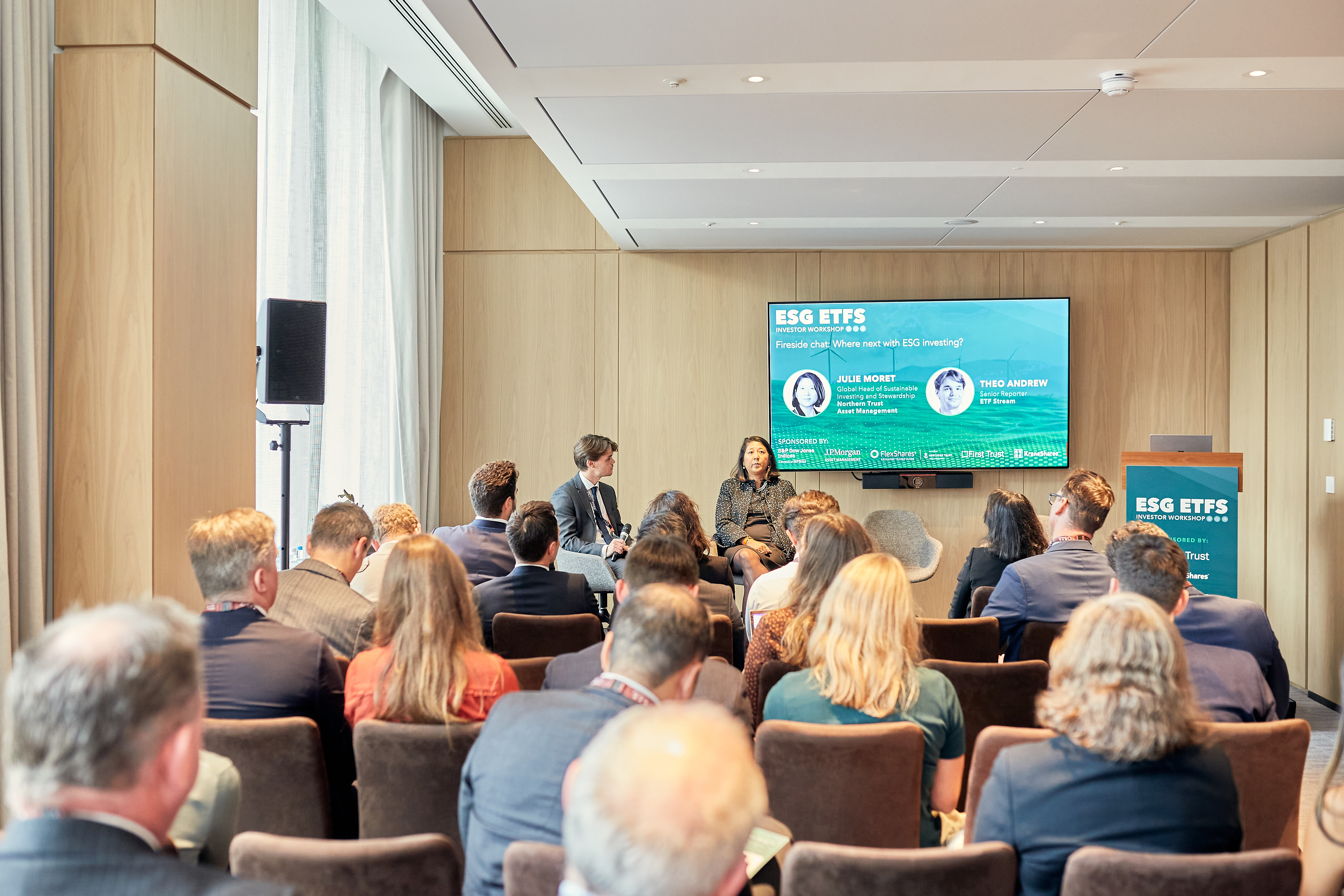
“Data is holding the industry back, but it should not be used as an excuse for why the industry cannot progress. The way we move forward and how we mitigate greenwashing risk is to make sure that our disclosures are clear, consistent, transparent,” she said.
“In Europe, the focus has been on climate and decarbonisation but the regulation mentions doing ‘no significant harm’ on five other economic activities, including circular economy, water, waste management and pollution. That gives you an indication of where the regulation focus will be next.”
ETFs more ‘legitimate’ on ESG
Rounding off the day with a stirring presentation on passives role in ESG investing was Stuart Kirk, former global head of sustainability at HSBC Asset Management.
Kirk argued that ETFs have a more “legitimate role to play” when it comes to ESG investing compared to their active counterparts because they own substantially more companies than mutual funds.
He noted how Thomas’s earlier notion that broad beta ESG was merely a box-ticking exercise for investors was not necessarily a bad thing, but only on the assumption that asset managers engage with their holdings and vote their shares.
“Passives and ETF investors have more skin in the game because they own more companies,” he said. “They have more say in more boardrooms than the focused manager.”
Kirk did not stop there in defence of ETFs. He rallied against the theory that the growing size of the ETF market is helping to distort prices, adding it is the secondary market – such as venture capital and private equity – that makes a difference, not the primary market.
“No amount of inflows and outflows of ETFs or passives affect the price of underlying securities. It is the fundamental cash flow and the outlook of companies decided by active managers that determines the price,” he said.
Workshops in full swing
Delivering a workshop on the advantages of active ETFs on ESG, Piera Elisa Grassi, portfolio manager for active ETFs at JP Morgan Asset Management discussed how the approach can offer a “core” product with ESG integration at every stage of the process.
Leonardo Da Costa, director and portfolio manager at First Trust Global Portfolios, asked the question, can you have your cake and ESG it too? Highlighting the importance of fixed income within a portfolio, he explored how to capture income while maintaining their ESG objectives in emerging markets.
“You can engage the sovereigns and definition offices and treasury departments, but that is likely to be less successful than if you're doing with corporates.”
Assessing how China and ESG combine, Dr. Xiaolin Chen, managing director and head of international at KraneShares demystified the country’s sustainability credentials and outlined how investors can benefit from the trillion-dollar growth opportunities.
Related articles
